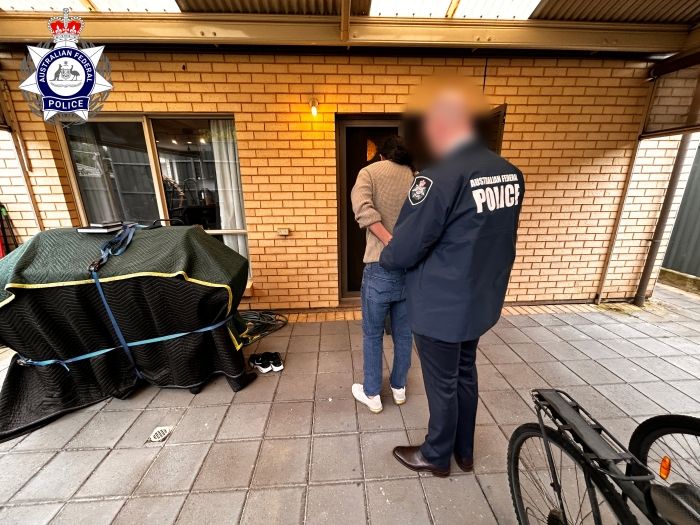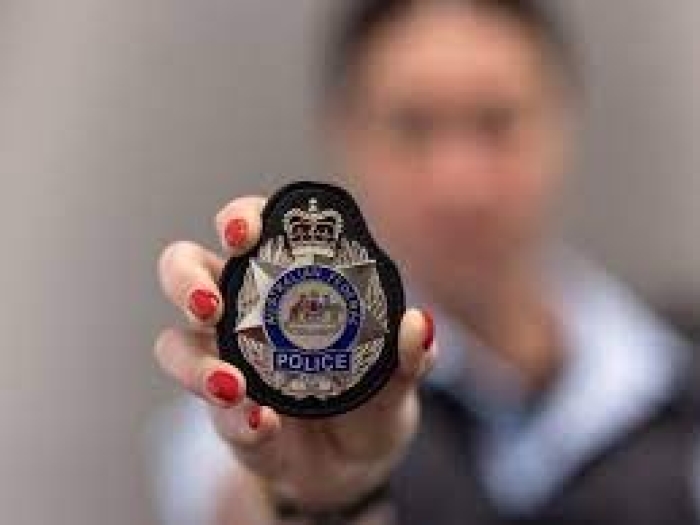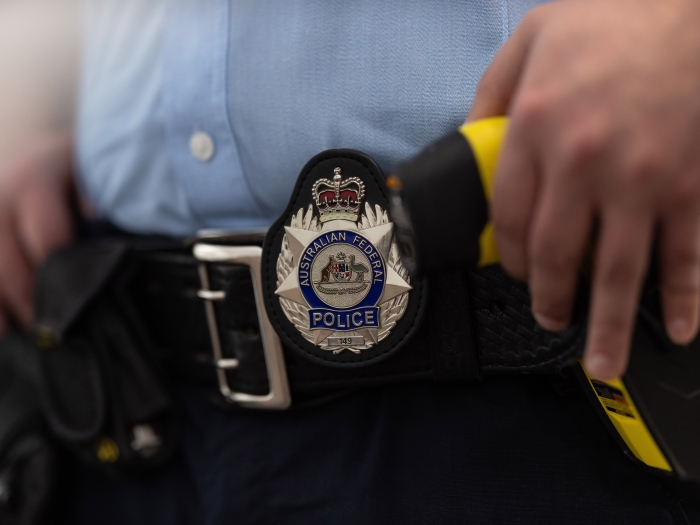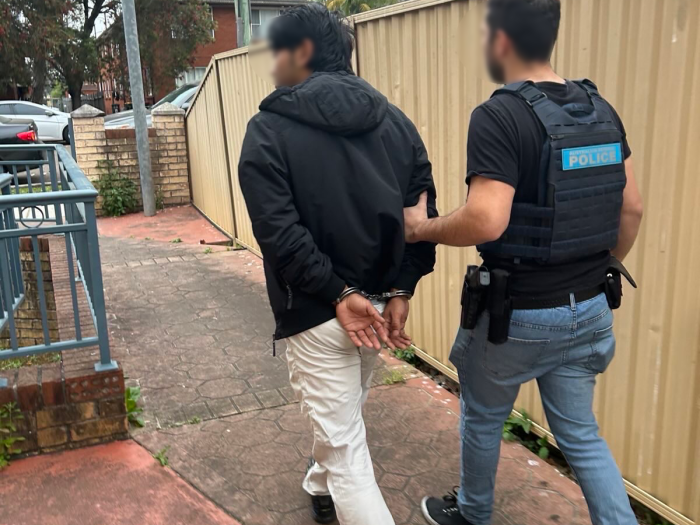NSW man jailed over attempted forced marriages of his children
Editor’s note: TV grabs available via Hightail.
A New South Wales man has been jailed today (4 October, 2024) for attempting to orchestrate separate forced marriages for two of his teenage children, who were then aged 15 and 17.
The man, 51, was sentenced by the Downing Centre District Court to a total of three years and four months’ imprisonment for both counts, with a non-parole period of one year and 11 months.
This matter follows the first successful conviction and sentencing for forced marriage in Australia in July.
The AFP Eastern Command Human Trafficking Team began an investigation in February 2022, after the two children sought help from NSW Police in the hours after escaping from their father’s home in regional NSW.
The siblings moved to Australia from overseas in 2021 with their father.
Once in Australia, the siblings learned that their father was actively attempting to organise their respective marriages, against their wishes. The siblings were unsure of the people to whom they would be married, or when the weddings would occur.
In the days following the children’s escape, AFP officers executed a search warrant at the father’s residence, from which they seized mobile phones containing evidence of the attempts made to arrange the marriages, including messages about planning the weddings.
This matter was prosecuted by the Office of the Director of Public Prosecutions (Commonwealth) and on 17 October, 2023, the man pleaded guilty to two counts of attempting forced marriage, contrary to sections 11.1(1), 270.7B and 270.8 of the Criminal Code 1995 (Cth).
The siblings have been supported by a specialist youth organisation working with children and young people affected by forced marriage.
AFP Commander Kate Ferry said Australia was not immune to human trafficking, and the crime was often under-reported because people might not be aware they were victims or that they could seek help from police.
“There are usually two types of forced marriages. One is where unwilling participants are threatened, deceived or coerced to enter a marriage. The other is where someone cannot legally consent to marriage due to their age,” Commander Ferry said.
“This crime type is one that generally involves perpetrators offending against younger, more vulnerable family members. In many situations, a young victim does not want their family to be ‘in trouble’ with police, leading to the offending being unreported.”
AFP Sergeant Chantal Pravaz said the prosecution would not have been possible without the victims’ courage and bravery in coming forward.
“The victims placed their trust in the AFP and their openness assisted our investigation,” she said.
“The AFP is here to help all victims of human trafficking and we will work tirelessly to ensure the wellbeing of victims who seek to escape their situation. Forced marriage reports are treated on a case-by-case basis to ensure the most appropriate resolution for victims. Each case is treated with compassion, care and respect.
“It is important to remember that not all reports result in a prosecution – sometimes we can get a positive result by helping a person leave a difficult situation, or by directly educating everyone involved so a marriage doesn’t occur.”
The number of human trafficking complaints to the AFP has increased, with the AFP receiving 382 reports – 91 being forced marriage allegations – across the 2023-2024 financial year. This is an increase of 42 reports from the previous financial year (2022-2023), when the AFP received 340 reports. However, it remains a crime type that police believe is under-reported.
If you or someone you know is a victim of human trafficking, help is available. For information and confidential advice, please contact the AFP by calling 131AFP, Beyond Blue or My Blue Sky.
For more information on human trafficking, including the signs a person may be at risk of being trafficked, visit the Human trafficking and slavery page on our website.
Media are reminded of their obligations under section 15A of the Children (Criminal Proceedings) Act 1987 (NSW), section 15YR of the Crimes Act 1914 (Cth), and section 105 of the Children and Young Person (Care and Protection) Act 1998 (NSW).





